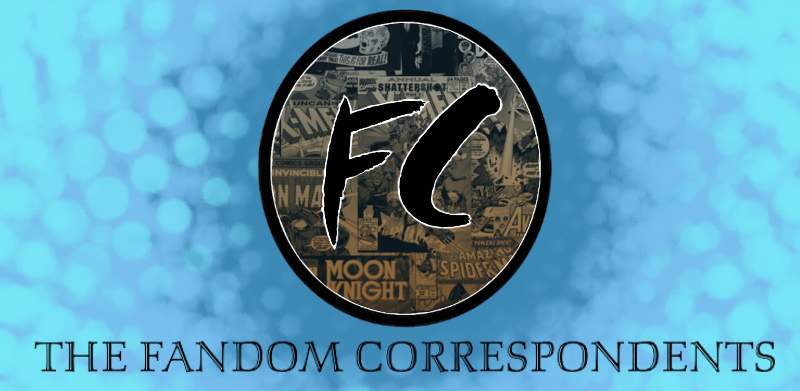Hello, and welcome to Week 2 of Fandom Horrorfest 2020! This week, I’ll be focusing on horror directors and the contributions they’ve made to our favorite genre. While I could’ve gone the direction of just talking about the more popular horror masters, I figured 1) you could get that kind of list literally anywhere on the internet, and 2) why not include some more diverse creators, because diversity, much like horror, is kickass! So please enjoy week 2, and I hope it encourages you to look into some movies and creators that you hadn’t thought about before!
Mary Harron
When lists of horror directors are compiled on the vast void that is the internet, one name that consistently gets neglected is Mary Harron, the visionary who both directed and wrote 2000’s American Psycho. Probably one of the most influential horror films of the early 2000s, American Psycho deviates from the norm of creating mystery about an antagonist and instead puts viewers directly into serial killer Patrick Bateman’s headspace, detailing everything from his sexual exploits and vicious murders to his daily office life and morning skincare routine. If I were to draw a line from one of last week’s characters to this week’s, the most logical line I could draw would be the development from Norman Bates to Patrick Bateman: both depict such a grounded, realistic psychopathy that imagining their rampages occurring is chillingly easy.
Mary Harron’s skill at depicting a character so incredibly detestable yet fascinating demonstrates her ability to make relatable horror. It probably doesn’t take us long to think of people who fit various facets of Bateman’s personality, such as misinformed music snobbery or his blatant misogyny. In a stroke of genius, Harron very intentionally crafted a cinematic depiction of the American Psycho book’s antagonist that is not only recognizable but even relatable to us as we catch glimpses of our own flaws and pretensions within the amalgamation of toxic masculinity revealed in Patrick Bateman. The suspense in American Psycho is enough to rank it as an upper tier horror movie, but the fact that its villain so readily embraces an image of machoism that we’ve been told is worth striving toward warps our own perceptions of ourselves in a far more unsettling way than most “pure” horror films have ever been able to do. For this, Mary Harron very easily wins my humble endorsement of a horror icon.

